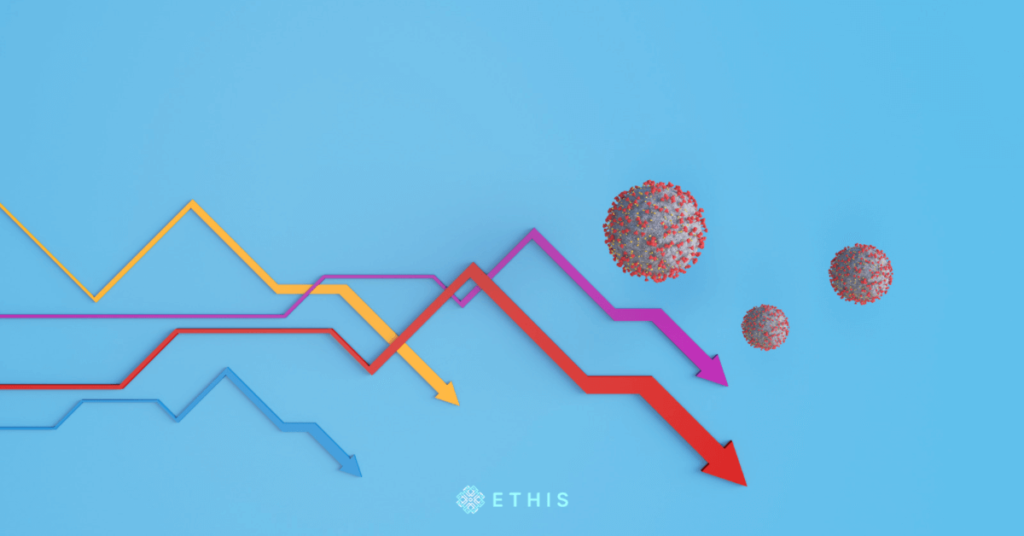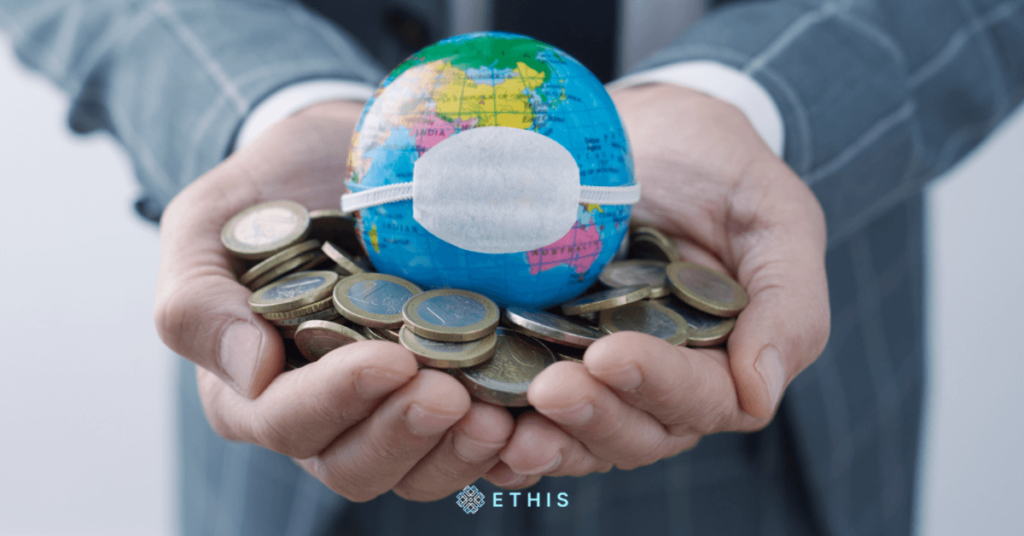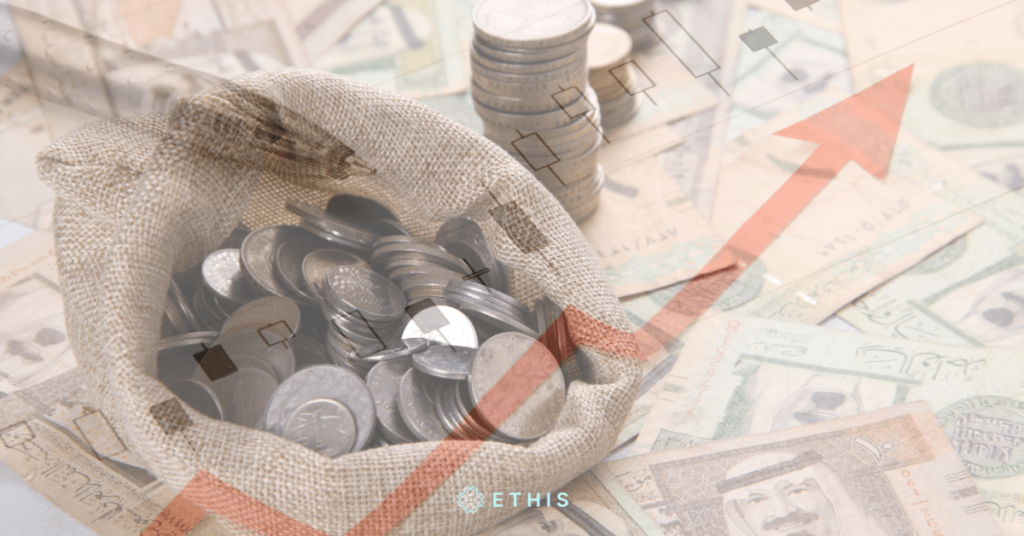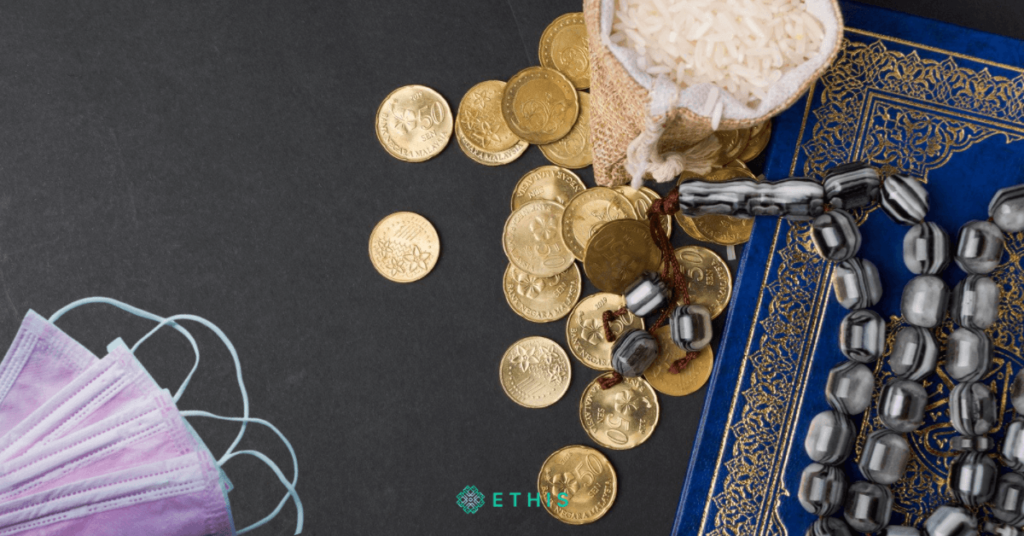By Dr. Maizaitulaidawati Md Husin,
Associate Professor, Azman Hashim International Business School, Universiti Teknologi Malaysia
Islamic social finance refers to modes of finance rooted in Islamic ethics and intended for social benefit. It consists of instruments and institutions that could be used to alleviate poverty. Instruments such as Sadaqah (charitable giving), Waqf (endowments and trusts), Zakat (obligatory almsgiving) and Qard Hassan (interest-free loans) have long been known to provide social justice through wealth redistribution and fair financial dealings. First, let us briefly discuss these four important instruments.
The concept of Sadaqah has long been practised in the Islamic community. It is basically an act of kindness given to someone without expecting anything in return. So why is Sadaqah so important in Islam? Simply put, Sadaqah purifies one’s wealth and helps to establish a flow of wealth in society. On the other hand, Waqf is an Islamic endowment of property given in the name of God for religious and charitable purposes. In many Muslim countries, Waqf institutions have been developed to manage and administer the property so endowed for the benefit of the community.
Zakat is a religious obligation for Muslims who meet the necessary criteria set by Islamic law with regard to wealth. The Zakat money is distributed to eight different types of recipients who consist of the poor and needy. Qard Hassan is synonymous with a welfare loan, which is extended on a goodwill basis. The borrower need only pay back the amount they borrowed, with no interest charged.
Related: Social Cohesion Through Zakat
COVID-19 and its impact on the society and economy

One may now validly ask how Islamic finance can help protect economies and communities in the COVID-19 era and beyond?
However, before we discuss how Islamic finance can help in this scenario, let’s look at the impact of COVID-19 on society. The social and economic disruption caused by the pandemic is devastating. Millions of people are falling into extreme poverty. In a press release in October 2020, the World Bank reported that COVID-19, despite the global recession, would have added as many as 150 million extreme poor by 2021.
This number is enormous and worrying as it can trigger cycles of higher income inequality, lower social mobility among the vulnerable, and lower resilience to future shocks. Did you know that this pandemic severely impacted small and medium enterprises (SMEs) and low-income individuals? Their financial health was severely affected. Just imagine those working in the tourism or construction industry, in which the business operations cannot be operating as usual; the business owners cannot survive without customers. Many of the affected staff have to be terminated to cut operational costs.
To make it worse, businesses have been forced to cease their operations to avoid further losses. The pandemic has also left people exposed to illegal money lending. Those affected are desperate and opt to get fast loans from illegal money lenders at exorbitant interest rates despite even the possibility of violence against borrowers struggling to repay. Such is the predicament the poor face today.
Related: FIVE Inspiring Secrets of Sadaqah
Responding to COVID-19: how Islamic finance can help?

In a situation where the global health and economic crises have pushed millions of people into extreme poverty, Islamic social financing has the potential to provide urgently needed support for poverty alleviation, economic recovery, pandemic response, and sustainable development.
So how can Islamic finance help? Islamic microfinance solutions may help small-scale businesses grow and thrive during these difficult times. By utilising an interest-free loan, for example, these businesses can get help to survive. The same goes for other people affected directly or indirectly by this pandemic. Did you know that Islamic microfinance is one of the best tools of financial inclusion? The unbanked population may also benefit from Islamic microfinance. The number of people who do not have a bank account is still high, especially in underdeveloped countries.
The way forward

Islamic social finance shows much potential an economy has to address and mitigate the short-and long-term impacts of the COVID-19 crisis on society and the economy.
Islamic finance has become a vital, innovative financing mode to promote and support the core principles of Islamic finance – channelling funding to the real economy by promoting risk-sharing, avoiding excessive speculations, and limiting debt to the value of assets are highly aligned with the spirit of the UN’s Sustainable Development Goals (SDGs) – zero poverty and reduction of inequalities.
Therefore, there is an urgent need for immediate action in launching a joint campaign to mobilise these instruments for the social good. A few countries have already started some great initiatives in this regard.
For example, in Malaysia, a charity crowdfunding platform GlobalSadaqah has raised around $250,000 in its first year last year from Zakat, Sadaqah and Waqf, and facilitated campaigns such as emergency relief, refugee aid and building new mosques, to aid those in need.
What more can we do? The implementation and development of social finance institutions, especially in predominantly Muslim countries, is essential. These institutions can tap critical segments of the market-underprivileged, unbanked and obviously, the businesses and people who require financial assistance.
Related: 5 Positive Effects of Sadaqah for Poverty-Stricken Children

